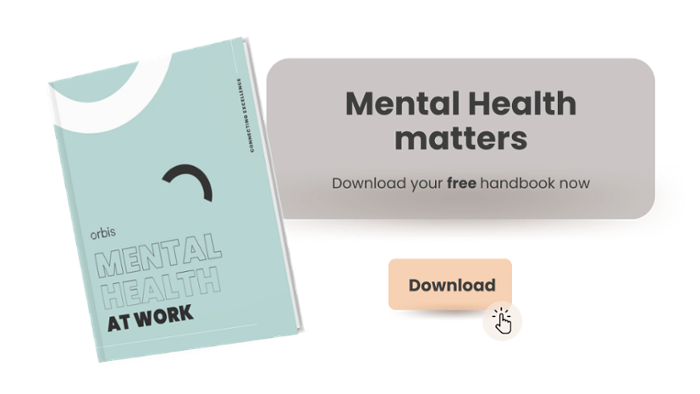
When you think of working hard, what springs to mind for you? Is it ticking off the final task on your to-do list? Or, is it ensuring that you finish a project or hit a deadline ahead of time so you can feel even more accomplished?
For some, our relationship with “working hard” can lead us to develop unhealthy habits and associate exhaustion and burnout with doing a good job.
The reality is a lot of us will experience burnout at least once in our lives - whether that’s professional or personal.
The good thing is that burnout is being spoken about and recognised more, instead of being brushed under the carpet.
Burnout is a global phenomenon that was brought to centre stage by the pandemic, and it’s time for us to reframe our mindset and attitude towards it!
How do I know I’m burned out?
Although we don’t claim to be the experts, there are tons of resources online that highlight the symptoms of burnout and what you should look out for.
Helpguide produced an interesting article on this, highlighting that “Burnout is a gradual process. It doesn’t happen overnight, but it can creep up on you.”
The symptoms of burnout, as described by Helpguide are:
Physical signs and symptoms of burnout
|
|
|
|
Behavioural signs and symptoms of burnout
|
|
If you are struggling with some or all of these, then you may be on the road to burnout. As mentioned, it isn’t something that happens overnight, and it isn’t something that you can notice to begin with - usually until it’s too late.
However, familiarising yourself with the symptoms and understanding what affects you the most can help you develop your own understanding of mitigating it in the future.
Who made you feel like you needed burnout to feel accomplished?
Burnout can be organisational, but mostly it can be individual - whether that’s you not knowing your own limits, or if you’re being influenced by an individual who is promoting burnout and overworking.
Unfortunately, leaders and managers can be guilty of making their teams feel like they need to be working themselves to the bone every day, and sometimes this doesn’t even come from an insidious place.
We all have different working paces, different personal lives, and also if we want to get really granular - different hormones, personality makeup, and emotional intelligence!
This means that for some of us, working intensely won’t lead us to burn out simply because we have more stamina, whereas for others it can be a lot harder.
If you feel as though you resonate with this, maybe take a look around at who may be influencing these behaviours to get a better understanding.
How can you help yourself?
It can be difficult to know where to start when it comes to managing burnout, but some of our tips are as follows:
Remind yourself that burnout is not hard work
Feeling tired, emotionally exhausted, and uninspired is not conducive to working hard. In fact, it’s the opposite. How are you supposed to do a good job when you feel this way mentally and physically?
If you ever have these feelings, recognise them, write them down, and remind yourself of the above statement. Sometimes, you have to unlearn these behaviours from toxic work environments or managers.
Take time off regularly
Annual leave is there for a reason, so why are you saving it? Even taking an additional day off for a long weekend can do you the world of good, so you can sleep, reset, and take time for yourself.
Get organised
Creating a “to-do” list at the end of the day, so when you come in the next day you know exactly what you’re doing, can help you to stay on top of tasks and ultimately feel in control of your time.
If you can see that you’re never able to finish a to-do list, it’s time to speak to your manager and get some support.
And finally, be kind to yourself. Just because the person next to you is working at a certain pace, doesn’t mean you have to. Focus on producing work that is of great quality, stay organised, and ensure that you’re being supported along the way.
If you've been experiencing symptoms of burnout, it may be helpful to check out our free Mental Health in the Workplace handbook, available to download now.



